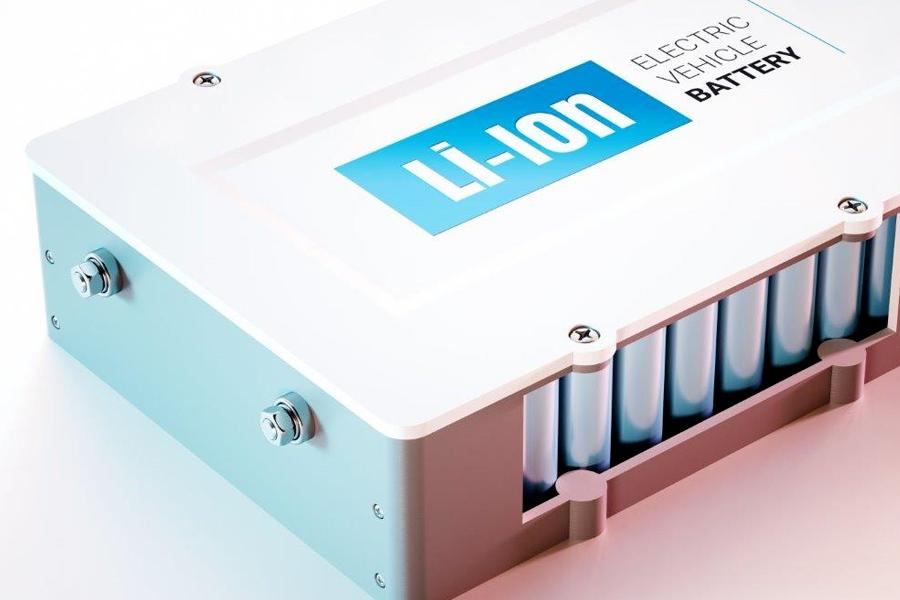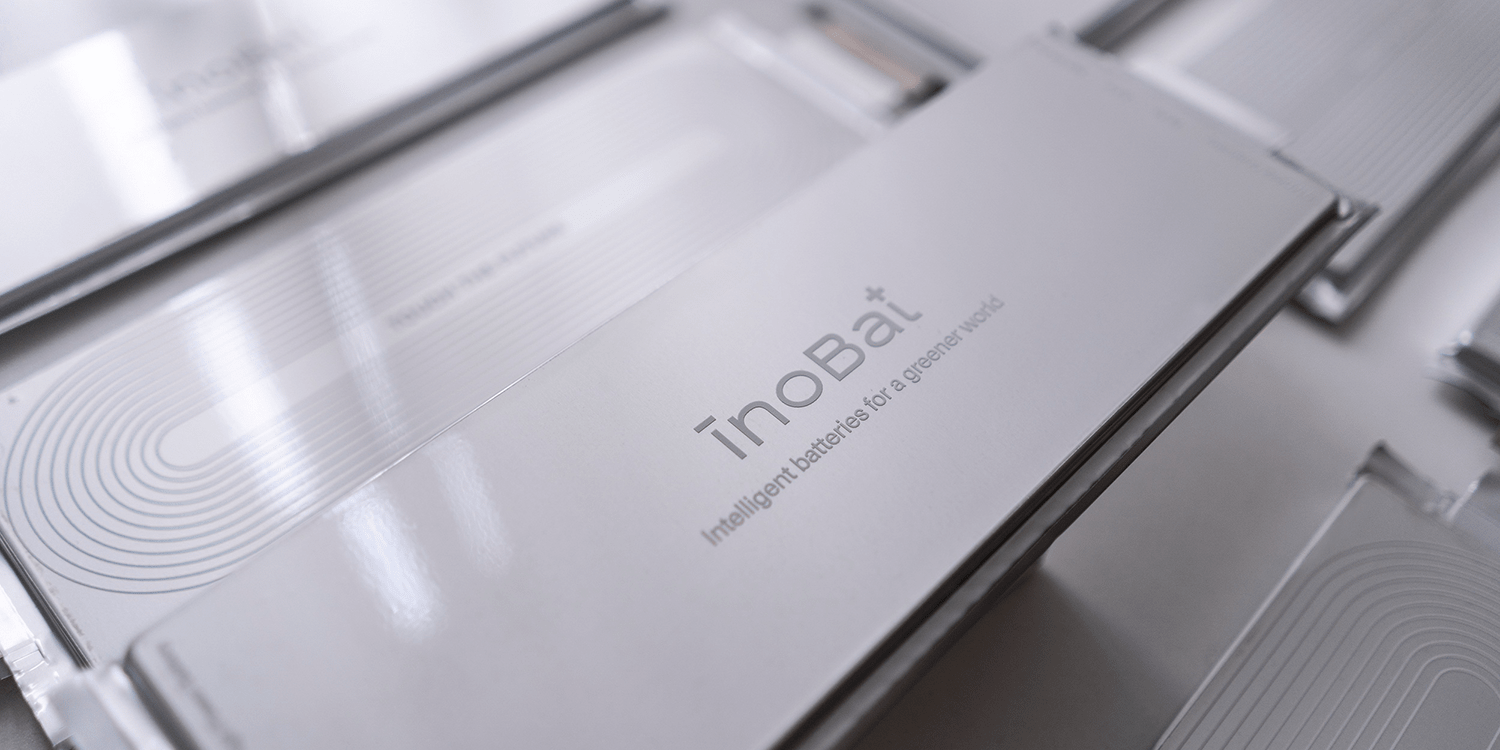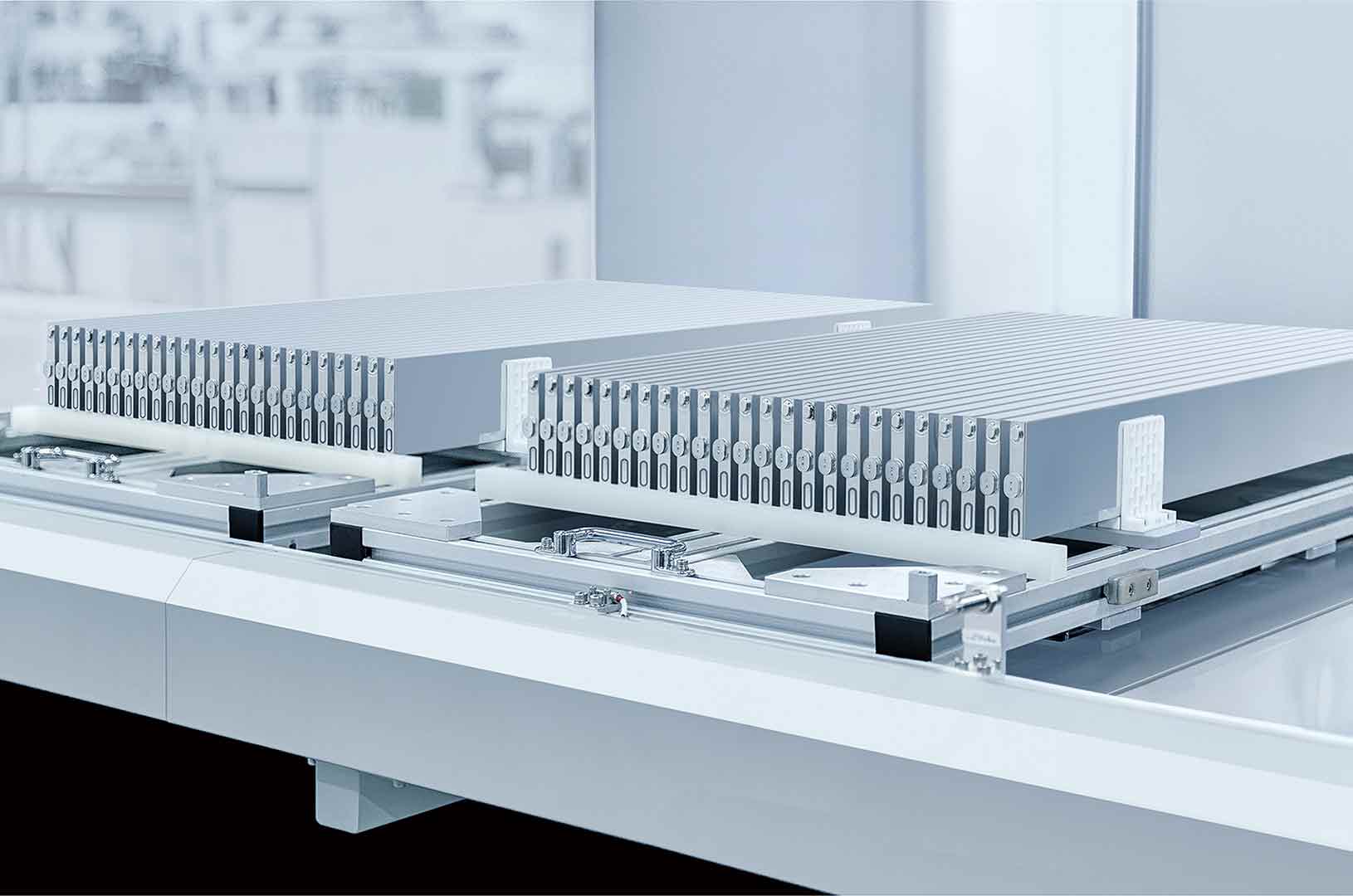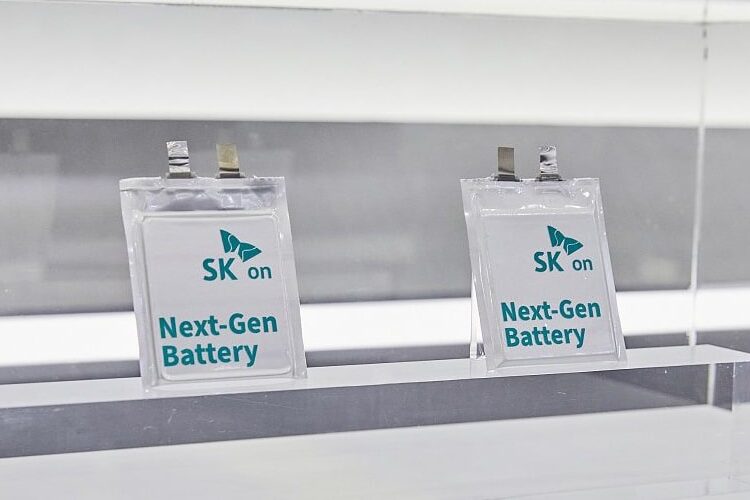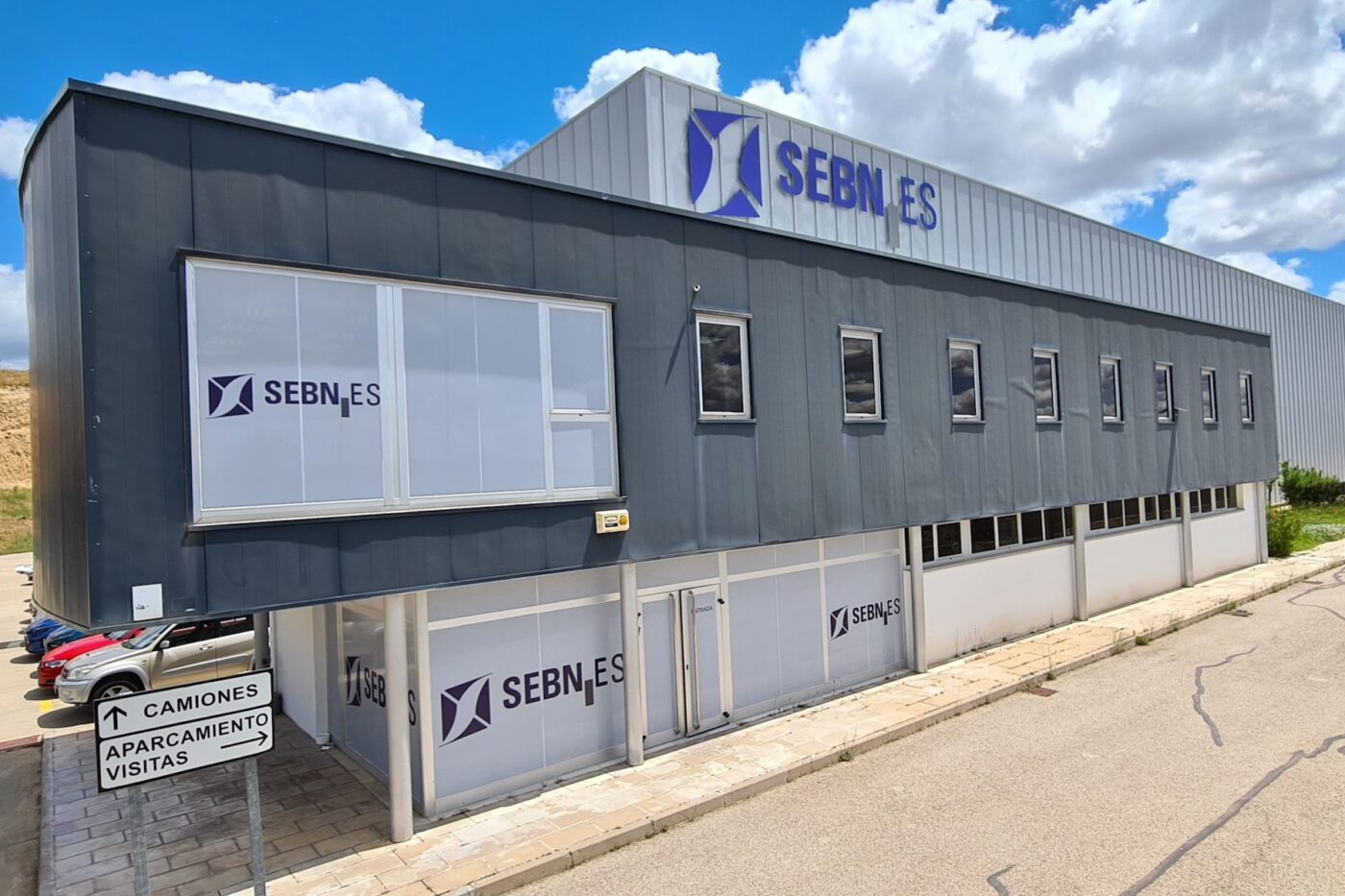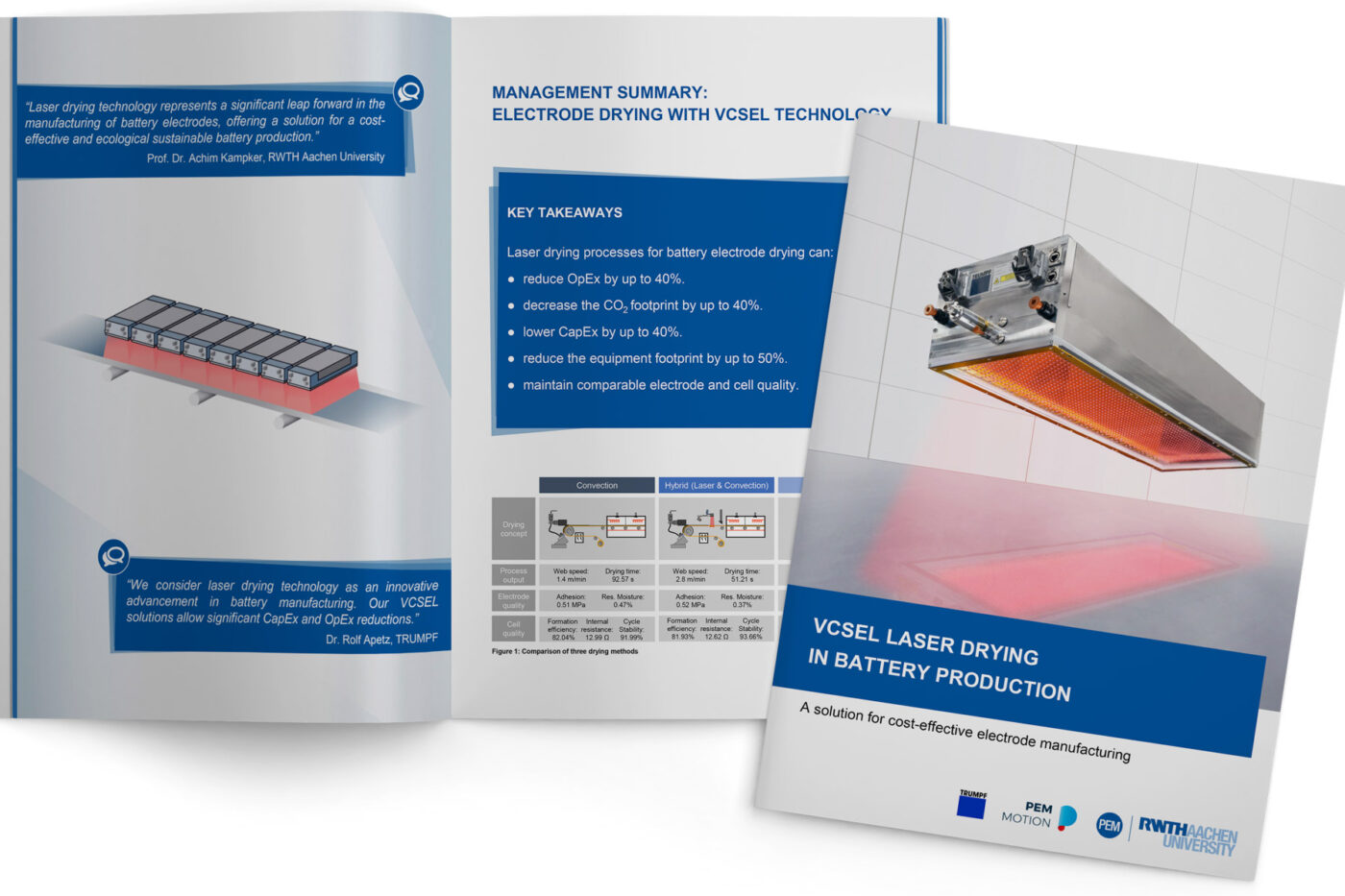Asahi Kasei, the Japanese technology company, has achieved a significant milestone in lithium-ion battery technology with the successful proof of concept for a new type of electrolyte boasting high ionic conductivity. The company anticipates commercial availability of this product as early as 2025.
The new electrolyte is poised to revolutionize battery performance, particularly in challenging temperature conditions. Asahi Kasei reports that batteries using this electrolyte can deliver higher performance at low temperatures and offer an improved service life at high temperatures. Moreover, this breakthrough could lead to a reduction in the size of battery packs, as fewer cells would be required to achieve the same energy output, thereby lowering costs.
Laboratory tests on prototype round cells utilizing the new electrolyte have yielded promising results. These prototypes reportedly demonstrated high performance at -40 degrees Celsius and twice the cycle life at 60 degrees Celsius before their state of health (SoH) declined to 80 percent. A decline in energy content to 80 percent of the new value is a critical benchmark for electric vehicle (EV) batteries and is often used in warranty promises.
Kazuya Noda, Senior General Manager of Asahi Kasei’s Innovation Strategy Center, expressed the significance of this achievement, stating, “This proof of concept is a technological breakthrough. By licensing the electrolyte technology to LIB manufacturers worldwide, Asahi Kasei aims to contribute to lower cost and more compact battery systems, which are a key driver to achieve a more sustainable society.”
The temperature range at which lithium-ion batteries operate is crucial for their performance in EVs. Typically, these cells achieve optimal performance between ten and 45 degrees Celsius. If the battery is too cold, its performance can significantly decrease, while excessive heat can accelerate its aging process. Therefore, the battery’s thermal management system must constantly regulate its temperature. Asahi Kasei’s new electrolyte could potentially expand this temperature range, reducing the energy required for battery conditioning.

